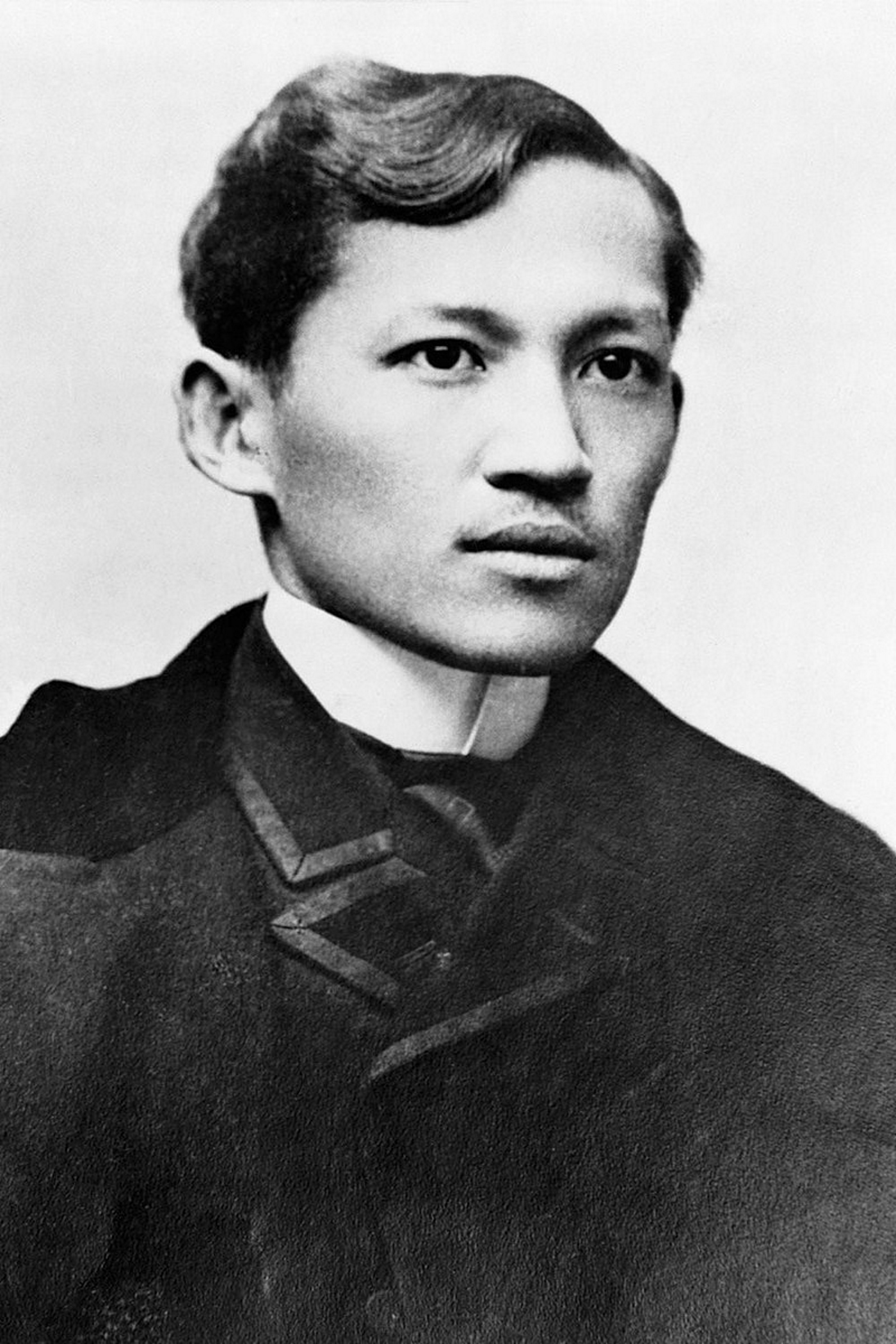Rizal, José, << ree ZAHL, hoh SAY >> (1861-1896), a Filipino doctor and novelist, became a national hero of the Philippines. He was an early leader of the Filipino movement for political and social freedom from Spain. The Spaniards, who ruled the Philippines at the time, executed Rizal for his activities.

José Mercado y Alonso Rizal was born on June 19, 1861, in Calamba, the Philippines. He studied medicine at the University of Santo Tomas in Manila. After obtaining his qualifications in medicine in Madrid, Spain, Rizal traveled to Germany, England, and France, where he continued to study medicine. He wrote for La Solidaridad, a magazine published in Barcelona, Spain, that campaigned for reforms in the Philippines.
While living in Europe, Rizal gained worldwide attention with two novels that exposed the ills of the Spanish colonial government and Filipino society. In particular, the novels criticize the Roman Catholic Church for supporting the Spanish colonial government. Noli Me Tangere (Latin for Touch Me Not) was published in Berlin in 1887. It tells of Crisostomo Ibarra, a young man who returns to the Philippines after studying in Spain. He wants to help the Filipino people but faces resistance from the Spaniards. A sequel, El Filibusterismo (The Subversive), was published in Belgium in 1891. In this novel, Ibarra works to free the Filipino people by both seeking to manipulate the corrupt government from within and by aiding an armed rebellion against the colonial authorities. Spanish colonial authorities considered both novels dangerously radical and had them banned.
While conducting research at the British Museum in London, Rizal came across a history of the Philippines written by Antonio de Morga in 1609. Morga’s book described an attractive civilization in the Philippines before Spanish colonization. In 1890, Rizal printed a new edition of the history with his own notes added to the text.
In 1892, Rizal returned to Manila, where he founded La Liga Filipina (the Philippine League) on July 3. The League was a partly secret association devoted to promoting unity and reforming the colony. On July 6, Rizal was arrested and exiled to the Philippine island of Mindanao. During his exile, Rizal practiced medicine and taught students. In 1896, Spanish authorities permitted him to go to Cuba, at that time a Spanish colony, to treat patients infected during a yellow fever outbreak.
That same year, the Katipunan, a secret Filipino revolutionary society, tried to overthrow the Spanish government. Rizal was on his way to Cuba when the revolution broke out. Though he had no connection with the Katipunan or the uprising, a Spanish military court found him guilty of promoting the rebellion. On the morning of Dec. 30, 1896, Rizal was executed by firing squad.
Rizal, a gifted linguist, was said to have understood 22 languages. He also was a novelist, poet, essayist, historian, musician, painter, and sculptor.
